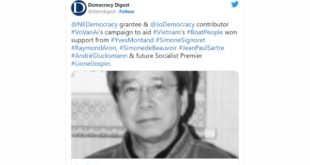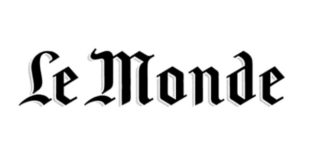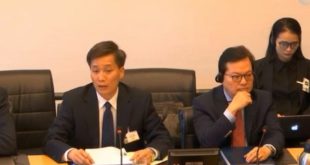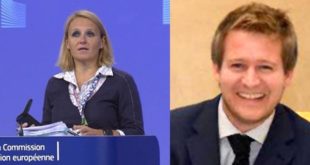Ho Chi Minh City, 27 November 2006 – Vietnam’s leading dissident yesterday accused America of betrayal after Washington took the Communist state off a list of countries of concern over religious freedom.
Thich Quang Do, 77, is deputy leader of the banned Unified Buddhist Church of Vietnam. He spent more than 16 years in prison or internal exile after the fall of South Vietnam, and since 1998 has been under “pagoda arrest”, confined to his temple in Ho Chi Minh City.
This month he was awarded Norway’s prestigious Rafto human rights prize, four winners of which have subsequently been given the Nobel peace prize.
Days before President George W Bush went to Vietnam for a visit which ended last week, the US state department took the country off its annual blacklist of states that restrict freedom of religion.
“We are quite disappointed,” said the Venerable Quang Do. He quoted Mr Bush’s inauguration speech from January 2005 almost verbatim. “All who live in tyranny and hopelessness can know : the United States will not ignore your oppression, or excuse your oppressors. When you stand for your liberty, we will stand with you,” the monk said in his first major interview for six years. “But now reality turns out the opposite, he came here and he didn’t stand with us. He stood alongside those who repress us.”
The Venerable Quang Do is suffering for his beliefs. Allowed to leave the Thanh Minh Zen temple only once a month for a hospital check-up – he suffers from diabetes and heart problems – his telephones are cut off and secret police maintain a permanent watch on the premises, unsubtly following anyone who dares visit him.
But he is steadfast. “They put me into prison, they can put me under house arrest, they can do anything they like, but I am not afraid. I keep my mind at peace.”
The UBCV refuses to submit to regulation by the authorities, there is an alternative, government-controlled Buddhist grouping, hence the restrictions imposed by Vietnam’s Communist dictatorship. While it has opened up the economy, creating a booming market, it retains a tight grip on politics.
“We want to be free to pray to Lord Buddha and give Lord Buddha’s teaching,” said the monk, who was also jailed by the South Vietnam regime. He added that Western companies pouring money into the country should put conditions on their investments.
The Venerable Quang Do entered the monkhood at 14, and three years later saw his master shot dead by Communist forces after a short show trial. His hands tied behind his back with barbed wire and bloodstained placards hanging around his neck, he was proclaimed a “quisling” and a “country-selling traitor”.
In a short memoir circulated at the Rafto award ceremony, the monk wrote : “It was, at that precise moment, 10am on Aug 19, 1945, that I realised with absolute certainty that Communism could not possibly last in Vietnam.”
“Then and there, I vowed to do all that I could to combat fanaticism and intolerance, and devote my life to the pursuit of justice through the Buddhist teachings of non-violence, tolerance and compassion. I have never regretted this decision.”
His twinkling manner, which frequently breaks into giggles, belies his plight. “It means nothing for me, we are suffering this repression for 31 years already,” he said.
“Sooner or later they [the Vietnamese Communist Party] will be compelled to accept democracy. They don’t want to but they cannot repress people forever.”
For now, there is little sign of the Party loosening its hold on power. The irony is that, according to Western diplomats, while human rights remain a pressing concern, and corruption a growing issue, the Party retains support among the people.
One described the situation as “not perfect”, but added : “People are not necessarily dancing in the streets but they are generally happy with the way the country is ruled.”
 Quê Me Quê Me: Action for democracy in Vietnam & Vietnam Committee on Human Rights
Quê Me Quê Me: Action for democracy in Vietnam & Vietnam Committee on Human Rights




